Setting the Record Straight About the Ethical Practice of Public Relations
There was a time when someone asked what I did for a living, and I would give them a sly smile and say, “Do you watch Scandal?” and tell them I worked in crisis communications. Or if it were more of a policy or academic crowd, I would say, “Well, if you’re a fan of […] The post Setting the Record Straight About the Ethical Practice of Public Relations first appeared on PRsay.

There was a time when someone asked what I did for a living, and I would give them a sly smile and say, “Do you watch Scandal?” and tell them I worked in crisis communications. Or if it were more of a policy or academic crowd, I would say, “Well, if you’re a fan of The West Wing, my job is basically an outsourced Toby Ziegler and CJ Cregg role.”
However, I quickly realized that this type of response was a disservice to the public relations profession, my work and my colleagues. These shows purport to show that you can play fast and loose with the rules and still win, that there are silver bullets for our work, and that everything wraps up with a bow in 60 minutes or over a season cliffhanger arc.
Life isn’t that simple, and neither is our work.
Pushing back against inaccurate portrayals of our work
For years now, I’ve instead pushed back against how our work is characterized publicly and how others describe the profession. For example, in late December, The New York Times published a piece on the conflict between actress Blake Lively and actor-director Justin Baldoni over filming the adaptation of It Ends With Us.
The article and subsequent coverage provided examples of a publicist “waging a largely undetectable smear campaign in the digital era” because the publicist wrote Baldoni “wants to feel like she can be buried.”
With this language in mind, I was perturbed to see the article’s lede and related social media posts describe Baldoni’s publicist as a “crisis public relations expert” and her work as “crisis PR.”
That is as far from public relations as you can get. In my head, I could see the text from my APR study guide: “Public relations is the management function that establishes and maintains mutually beneficial relationships between an organization and the publics on whom its success or failure depends.”
What was described in the article was anything but public relations, and I wanted to make it clear to anyone who might be connected to me that Hollywood and the media are misconstruing what we do and the strategies behind our work.
I responded to some of the accounts with the largest followings online to challenge this characterization and then posted a longer defense of our profession on LinkedIn. As I said in my post:
“When I am being interviewed for a potential scope of work, and I am told the work will be to ‘spin’ something or ‘fix’ something or be disingenuous or ‘bury’ something or someone, I walk away from that assignment.
My reputation is my currency in this profession. Not only do I have to sleep at night, I need to have my ethics intact to maintain my career. I get work because I do a damn good job building and maintaining reputation by telling the truth. I do not want anyone to think that this behavior is what a crisis PR professional does because it is not. Or at least, it’s not what this APR, ethical, crisis PR professional does.”
I was pleased to see that the post resonated strongly with our peers, and it has been pointed out to me that there is more work to be done. It’s not just in how we describe what we do at cocktail parties or online; it includes other ways each of us is defined.
Promoting the ethical practice of public relations
I’ve mastered the art of balancing tact and directness when correcting colleagues in the media when they refer to me as flack, a term I find off-putting. Merriam-Webster confirms flack is “press agent or promoter,” and the term can be used as a transitive verb to promote someone or something. Again, this is not my role nor my purpose.
Finally, it is important for me to share that PRSA has a resource and tool to help professional communicators describe their work and set an ethical baseline for what we do, how we do it, and why we approach it in this manner.
The PRSA Code of Ethics is a guide for all of us to use in our day-to-day work and establishes clear expectations that the integrity of our profession is paramount to PRSA and its members.
As professional communicators, the PRSA Code of Ethics is a powerful reminder of our responsibility toward our clients, our organizations, and ourselves.
Teresa Valerio Parrot, Ed.D., APR, is principal of TVP Communications, where she works at the intersection of higher education leadership and communications. She serves as secretary on PRSA’s 2025 Board of Directors and hosts the Trusted Voices podcast. Teresa often says that while her husband is her true love, her alma mater was her first love, and strategic communications is her passion.
Photo credit: Parradee
The post Setting the Record Straight About the Ethical Practice of Public Relations first appeared on PRsay.
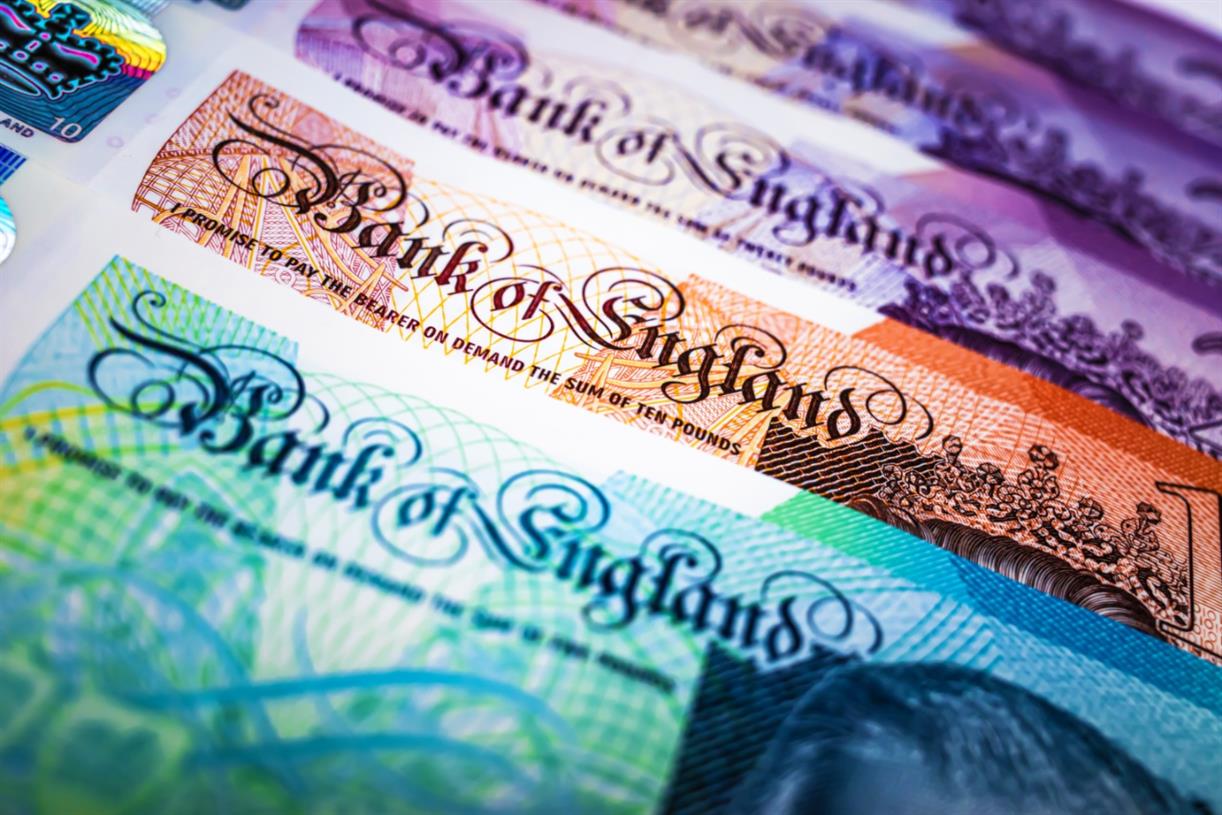












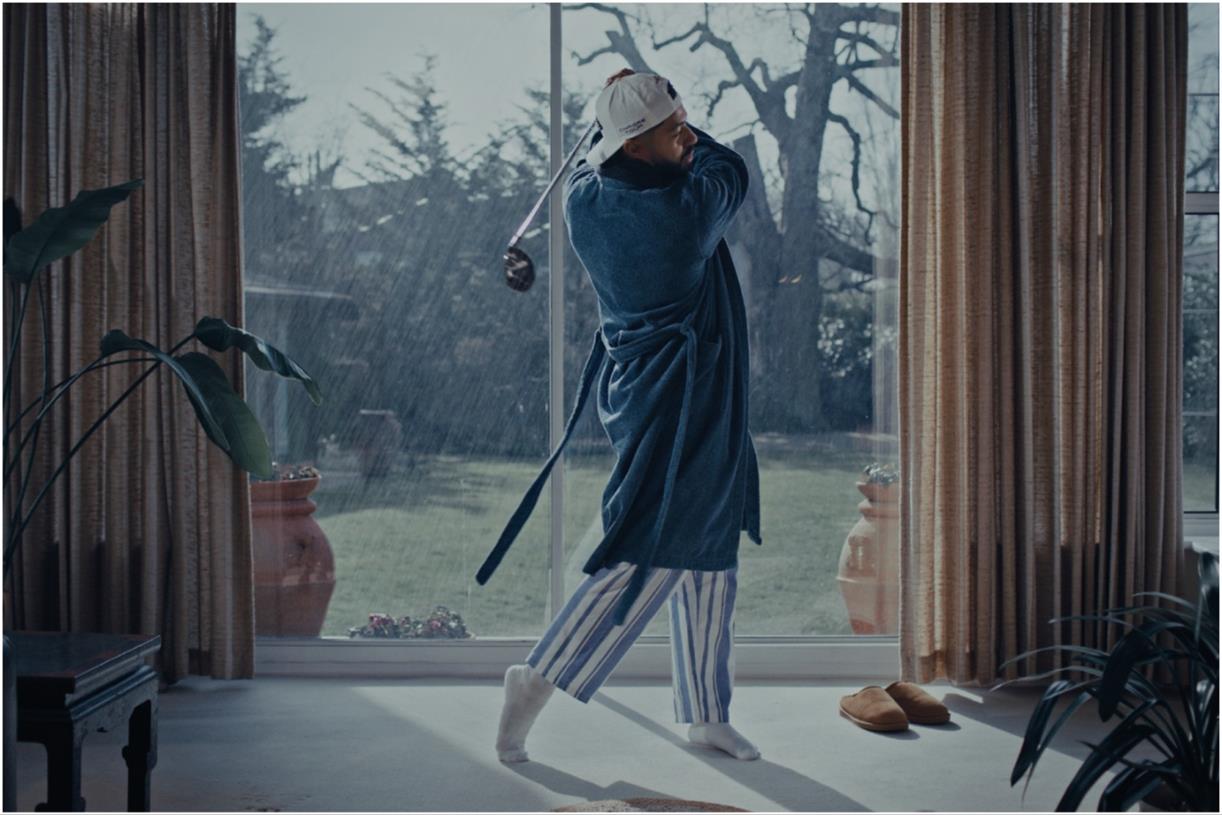
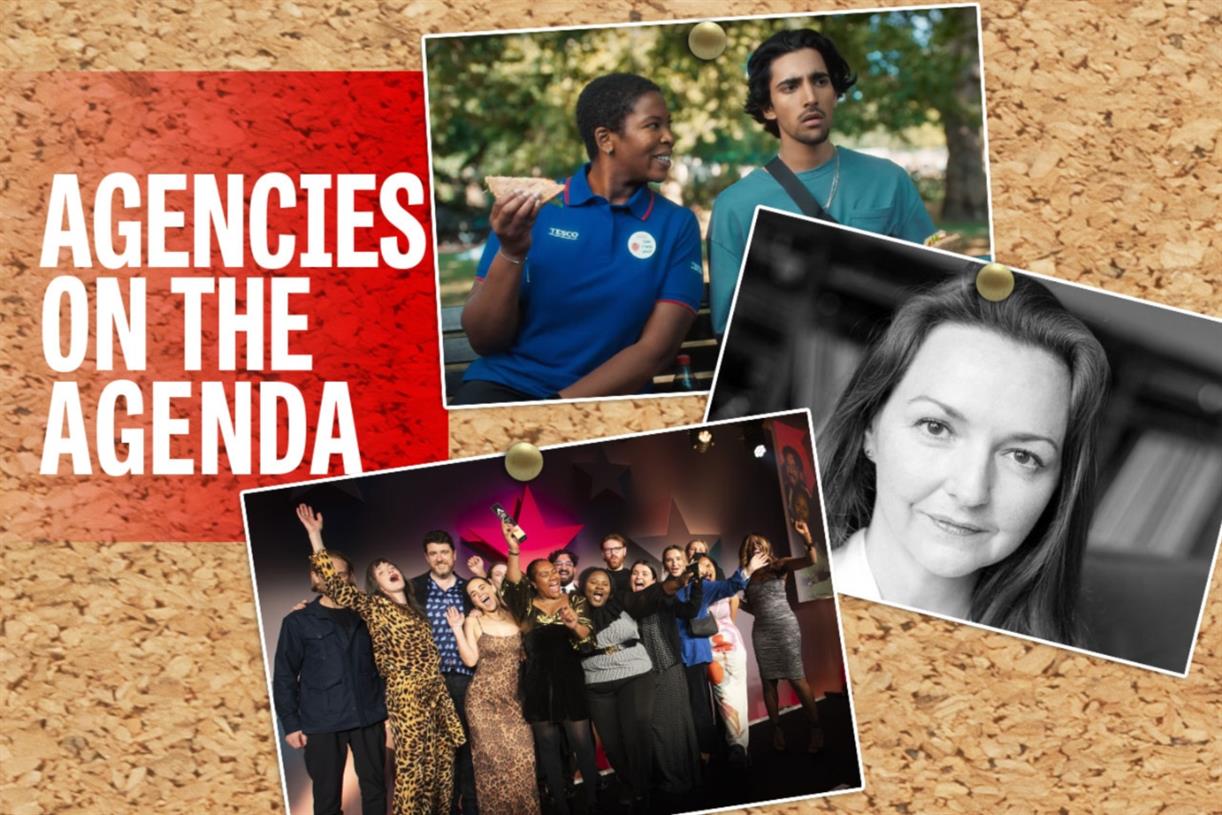



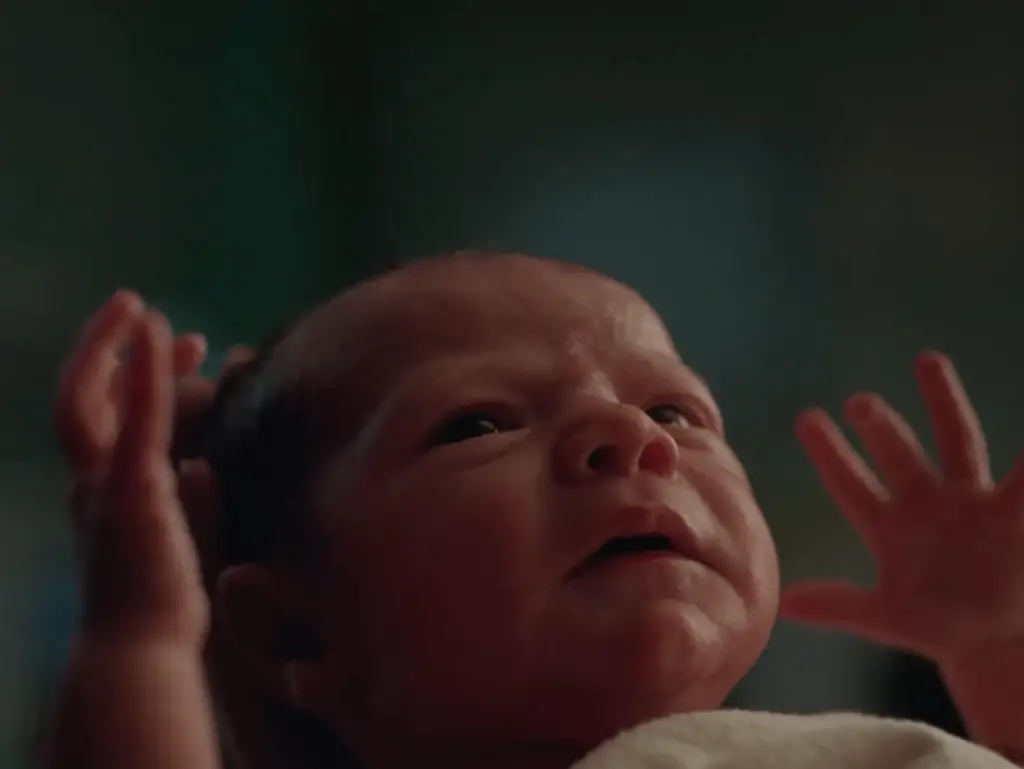

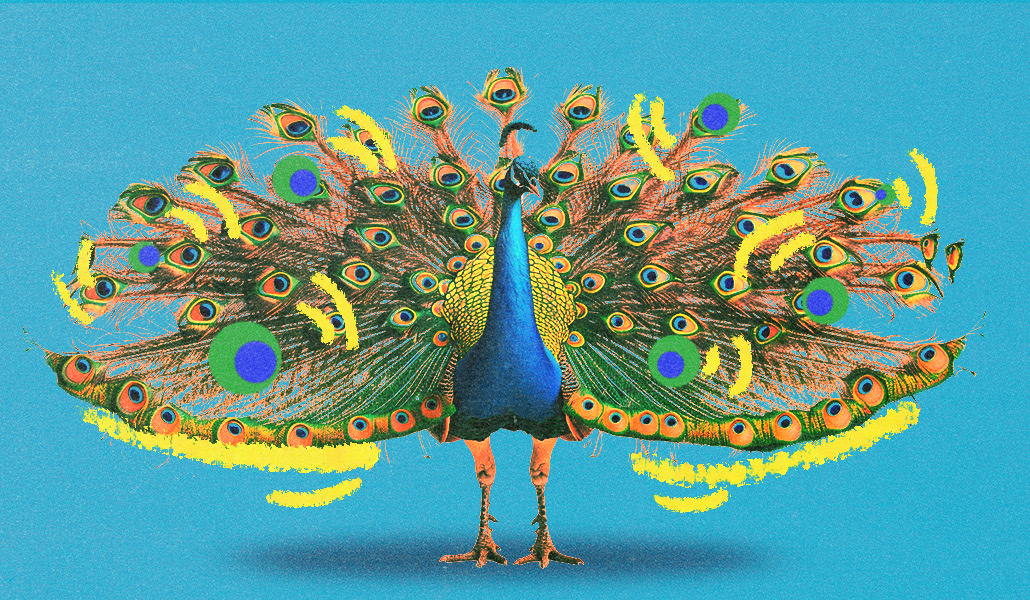





















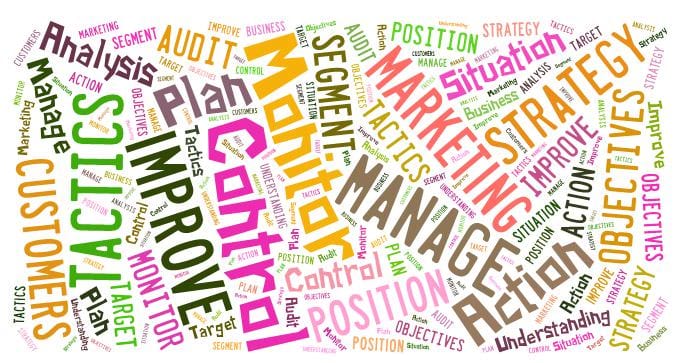








![How Marketers Are Using AI for Writing [Survey]](https://www.growandconvert.com/wp-content/uploads/2025/03/ai-for-writing-1024x682.jpg)




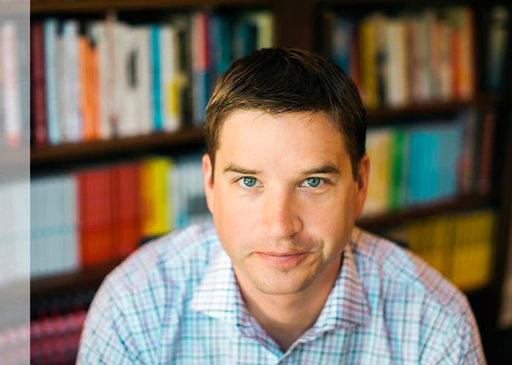
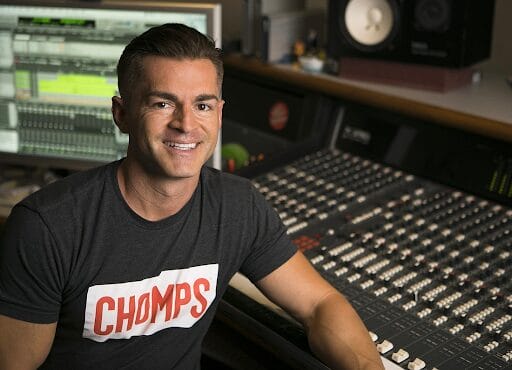









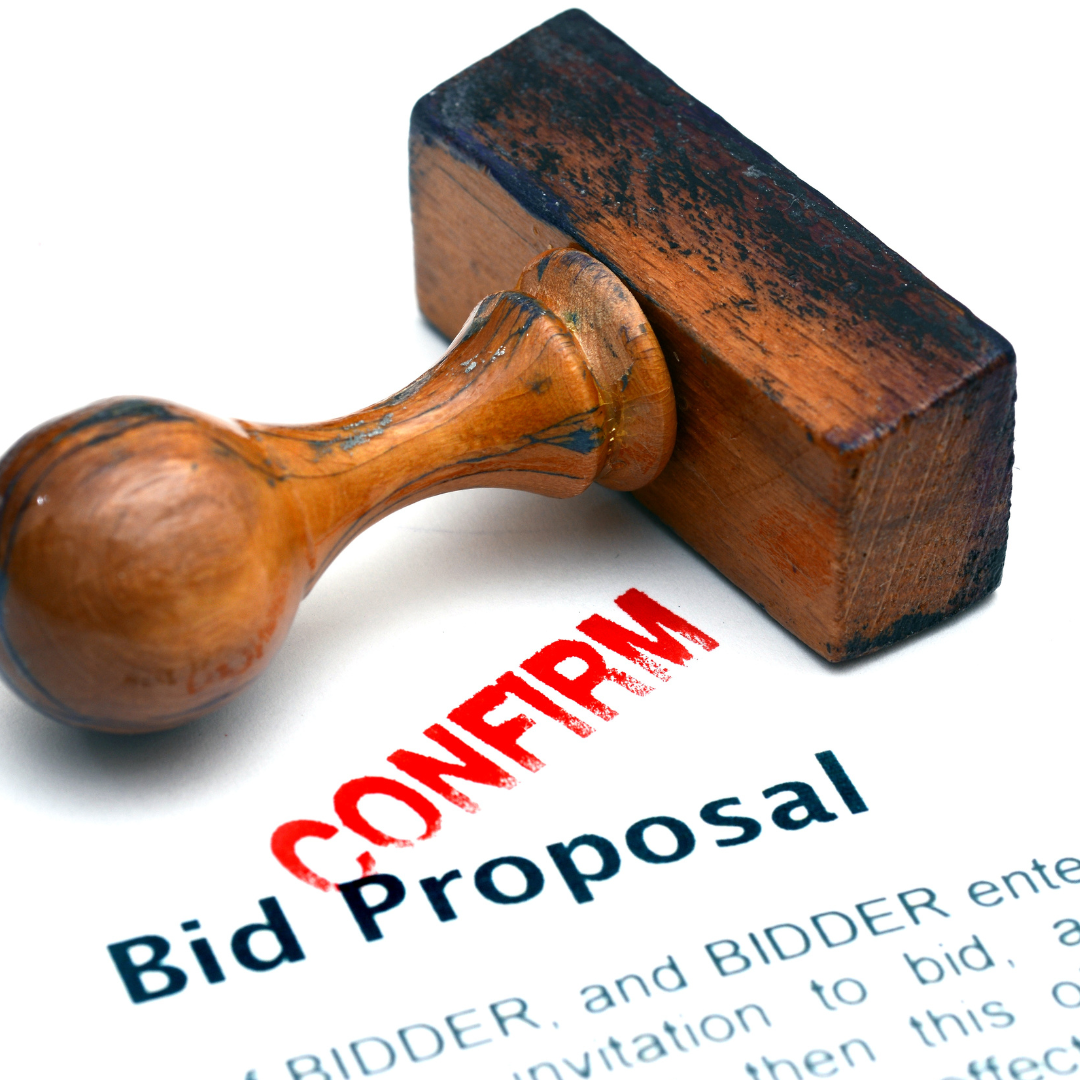
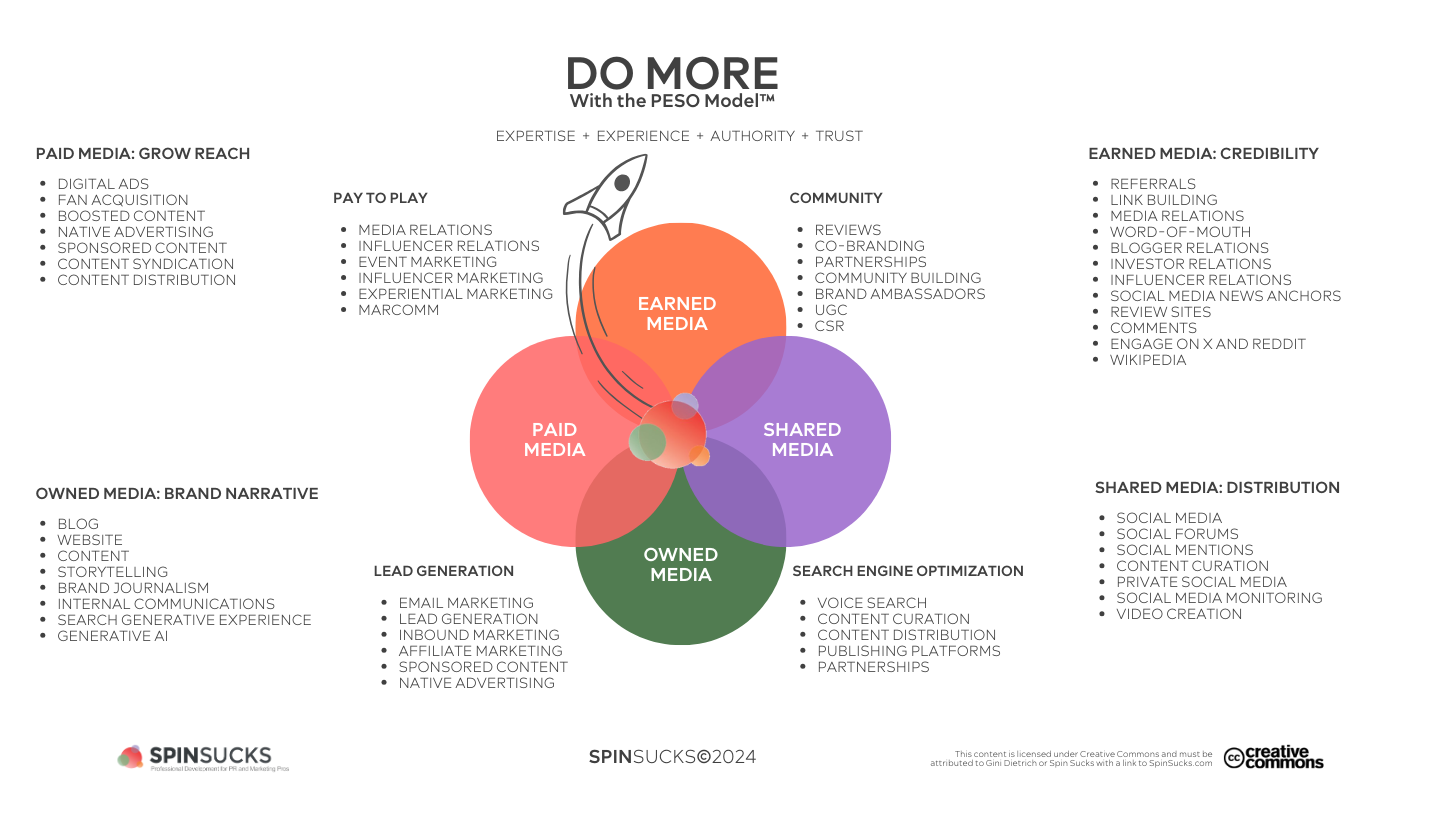
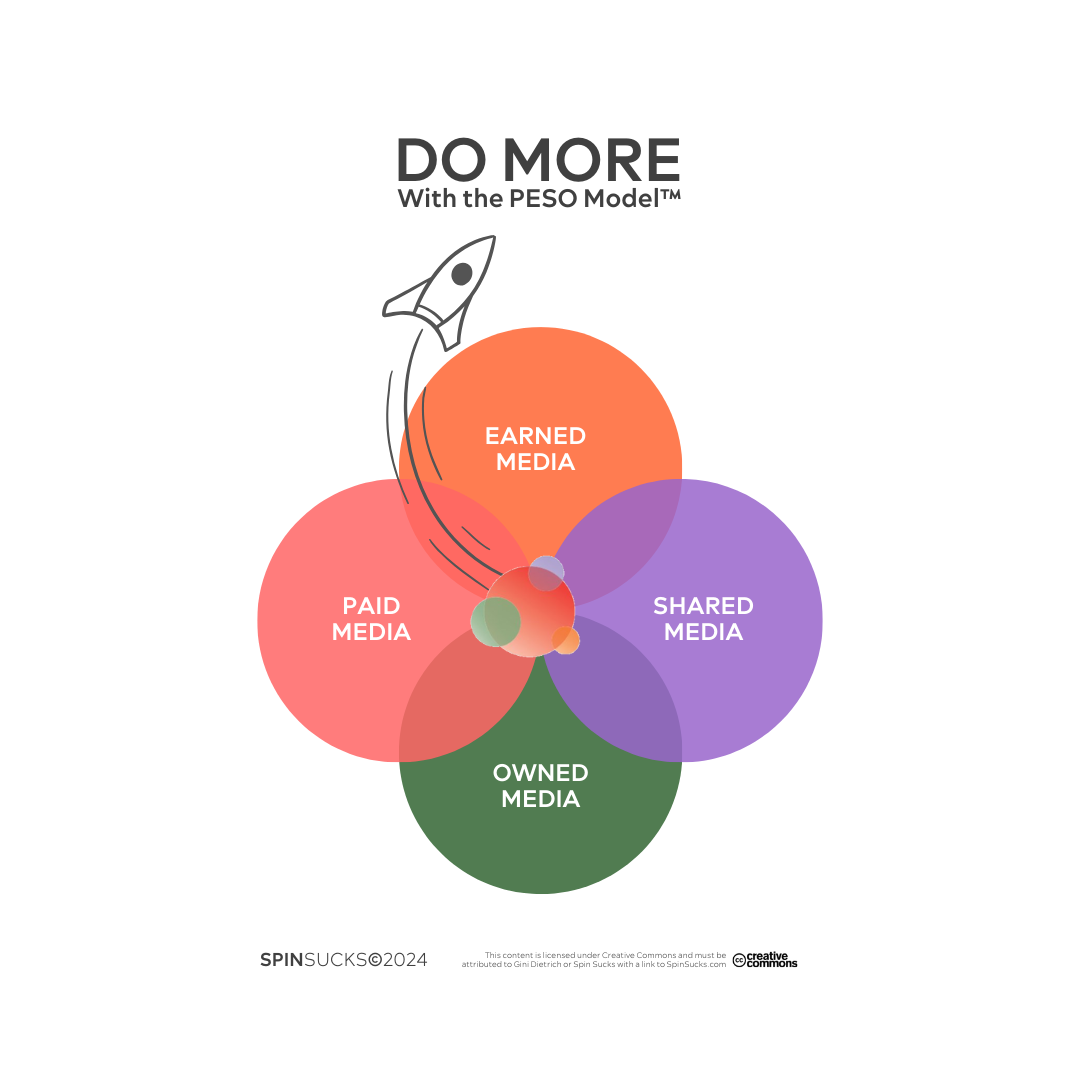



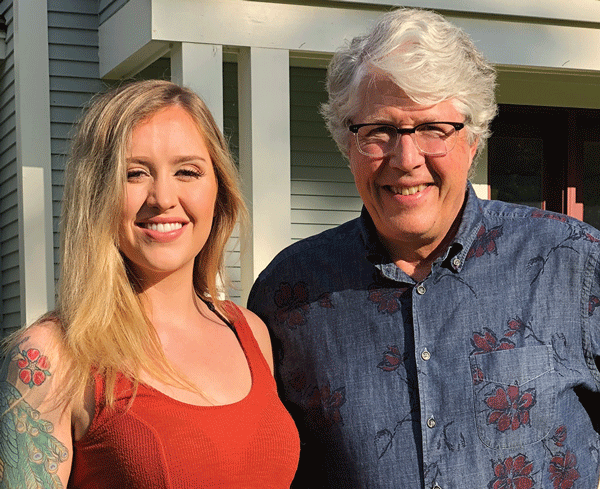
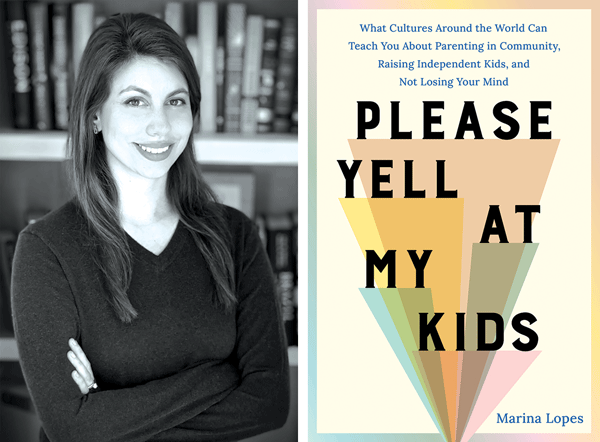

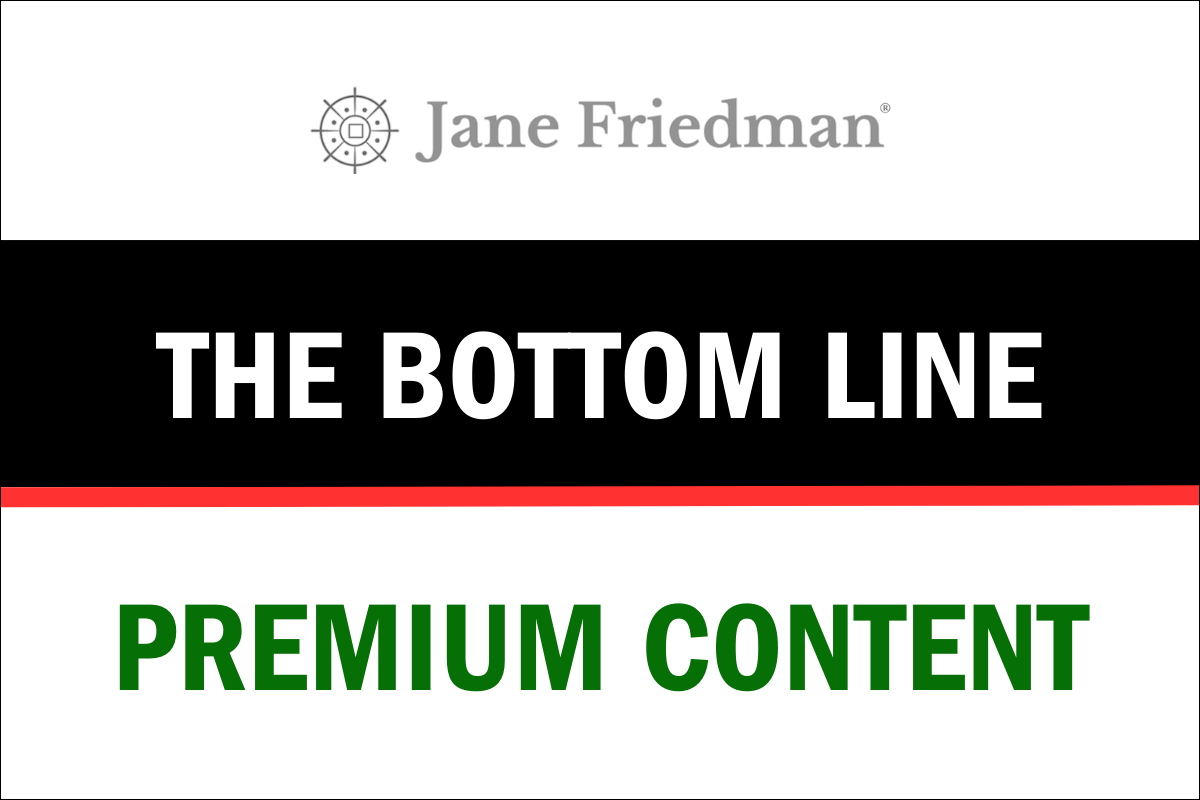










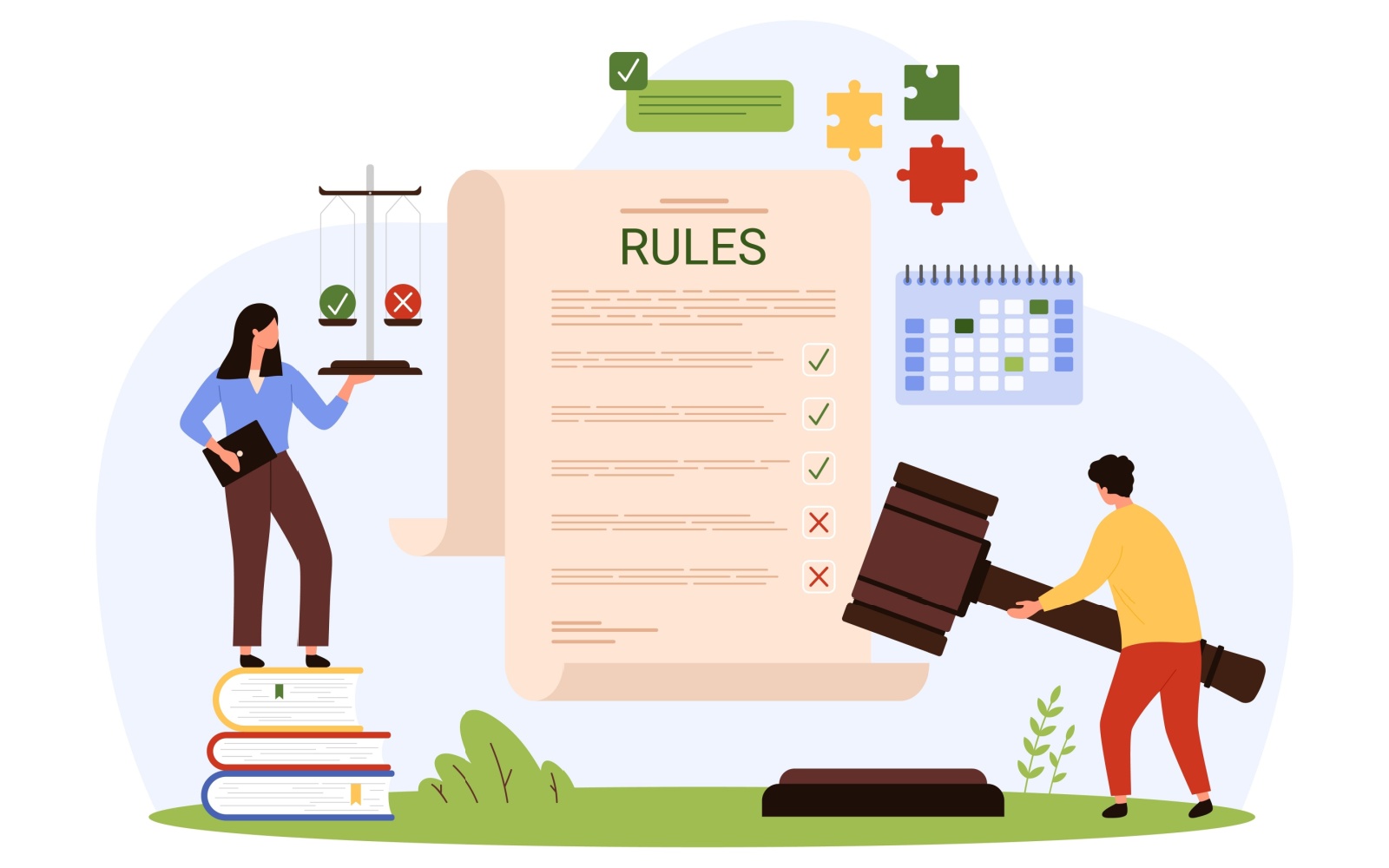

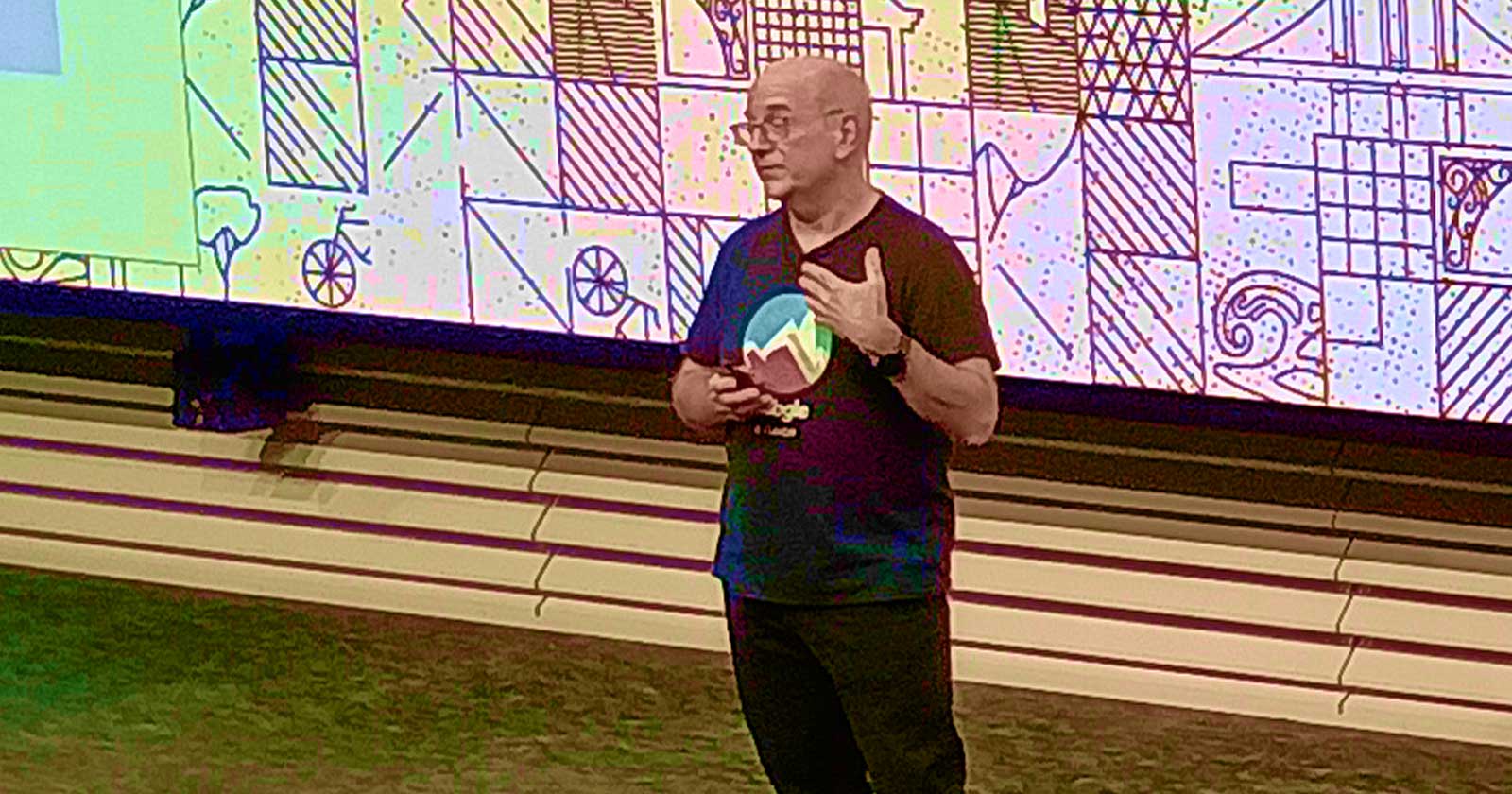










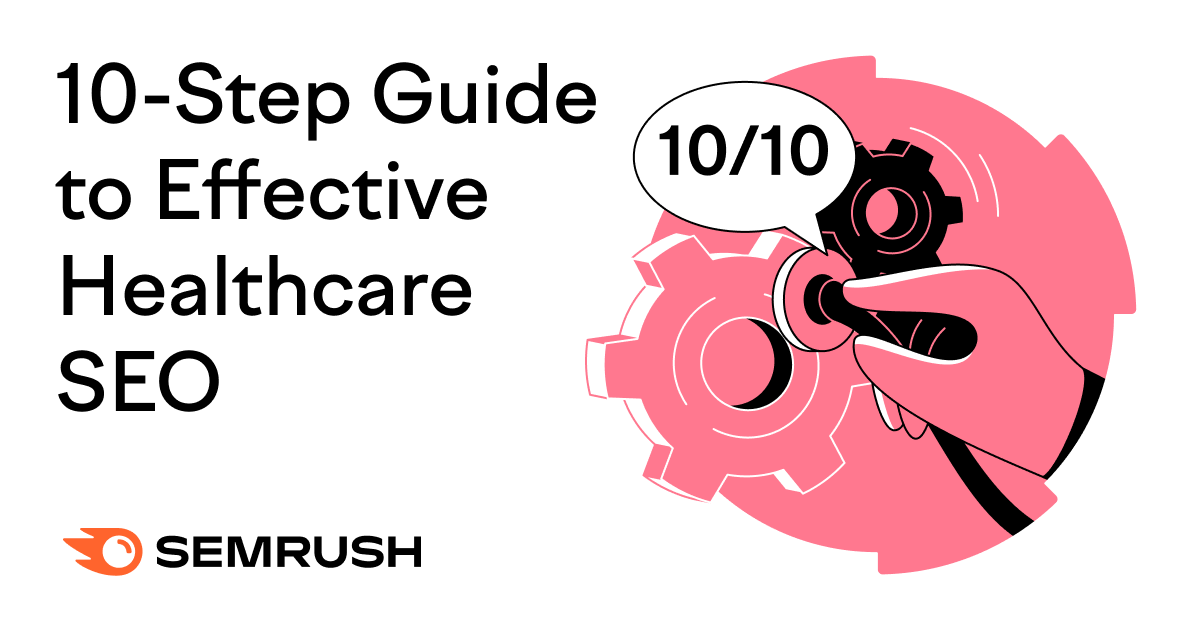




![How Meta Makes its Money [Infographic]](https://imgproxy.divecdn.com/Kn_lAdtd3hjL-g3cebdKw3vQ_uTSMewIOId-plpm62o/g:ce/rs:fit:770:435/Z3M6Ly9kaXZlc2l0ZS1zdG9yYWdlL2RpdmVpbWFnZS9tZXRhX2Fkc18yLnBuZw==.webp)
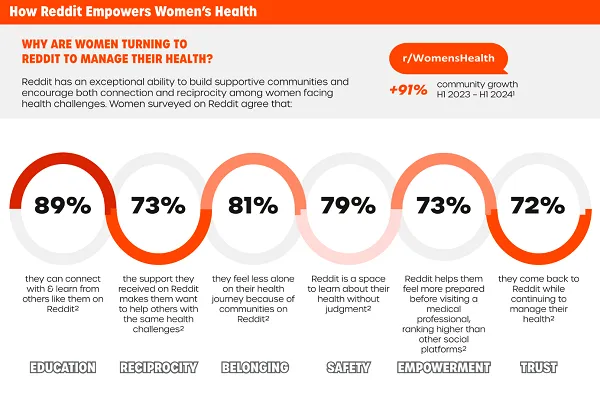
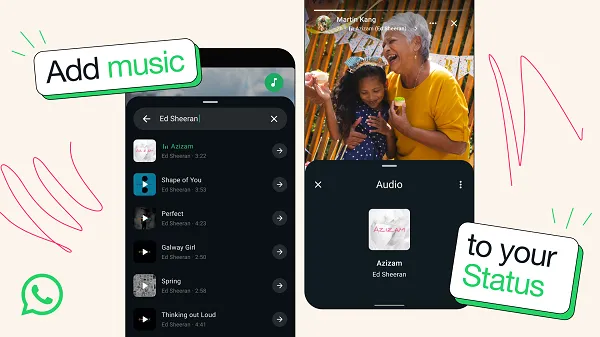
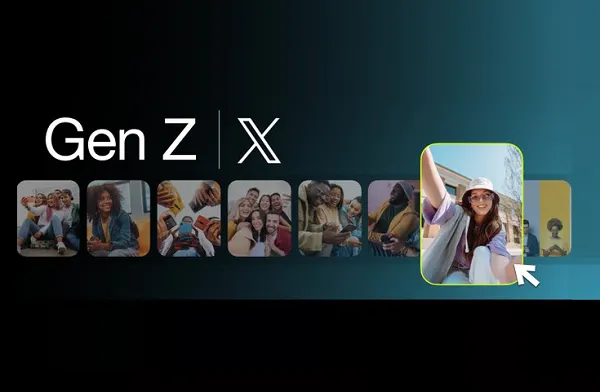



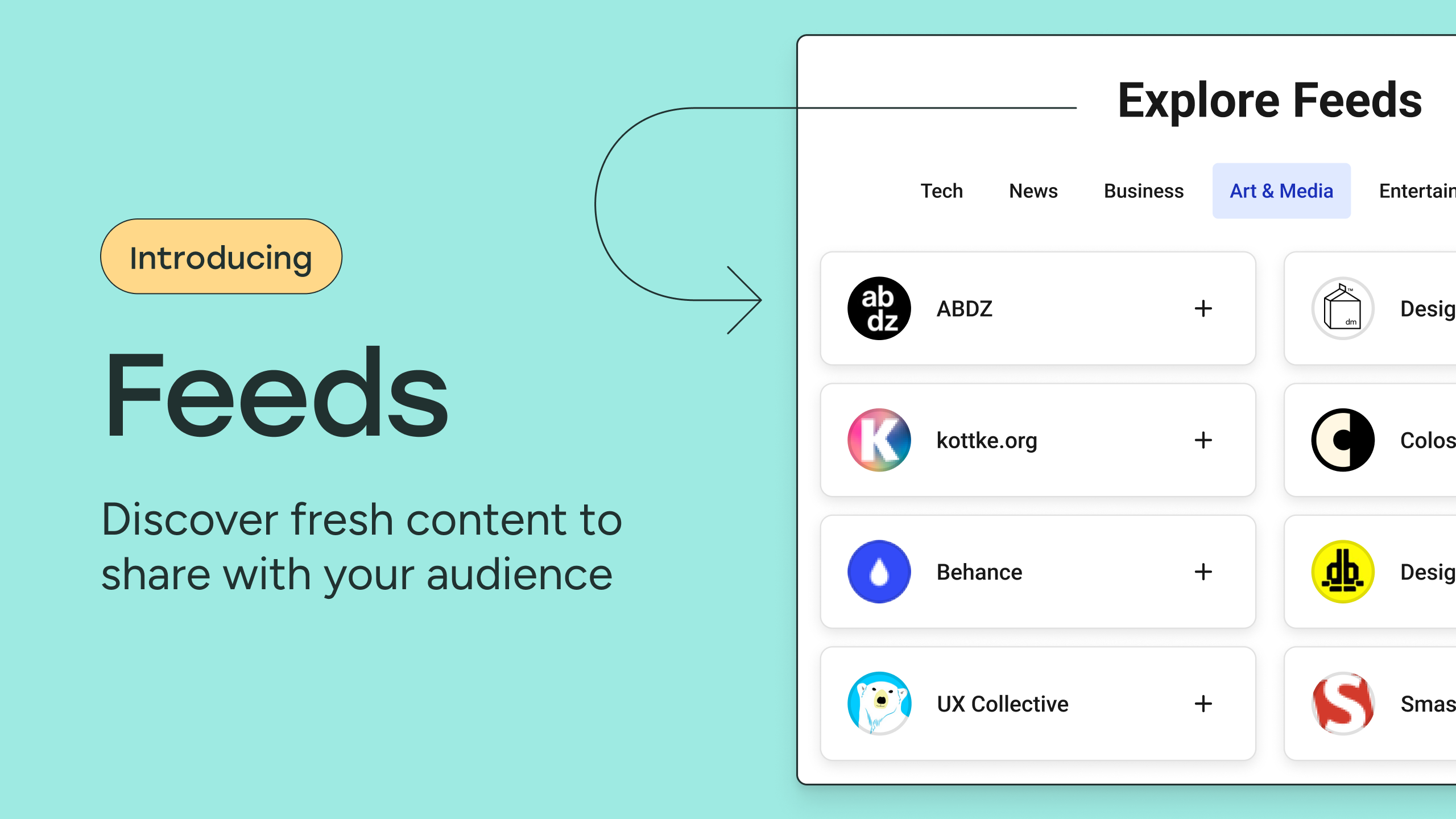






![311 Instagram caption ideas [plus free caption generator]](https://blog.hootsuite.com/wp-content/uploads/2022/07/instagram-captions-drive-engagement.png)

![How Conversion Funnels Create a Better Customer Journey [+ Tips to Optimize Yours]](https://www.hubspot.com/hubfs/Conversion%20Funnel.png)
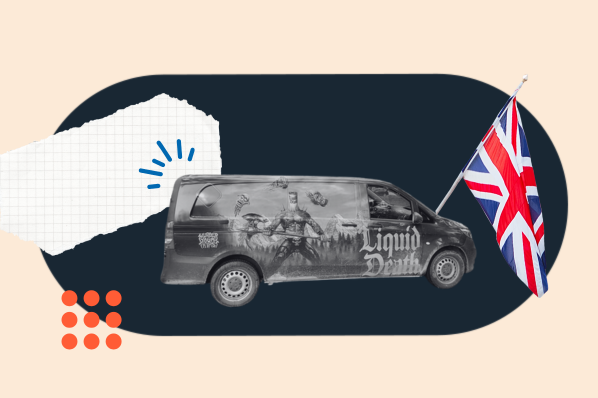

![How to Create a Complete Marketing Strategy [Data + Expert Tips]](https://www.hubspot.com/hubfs/marketing-strategy.webp)




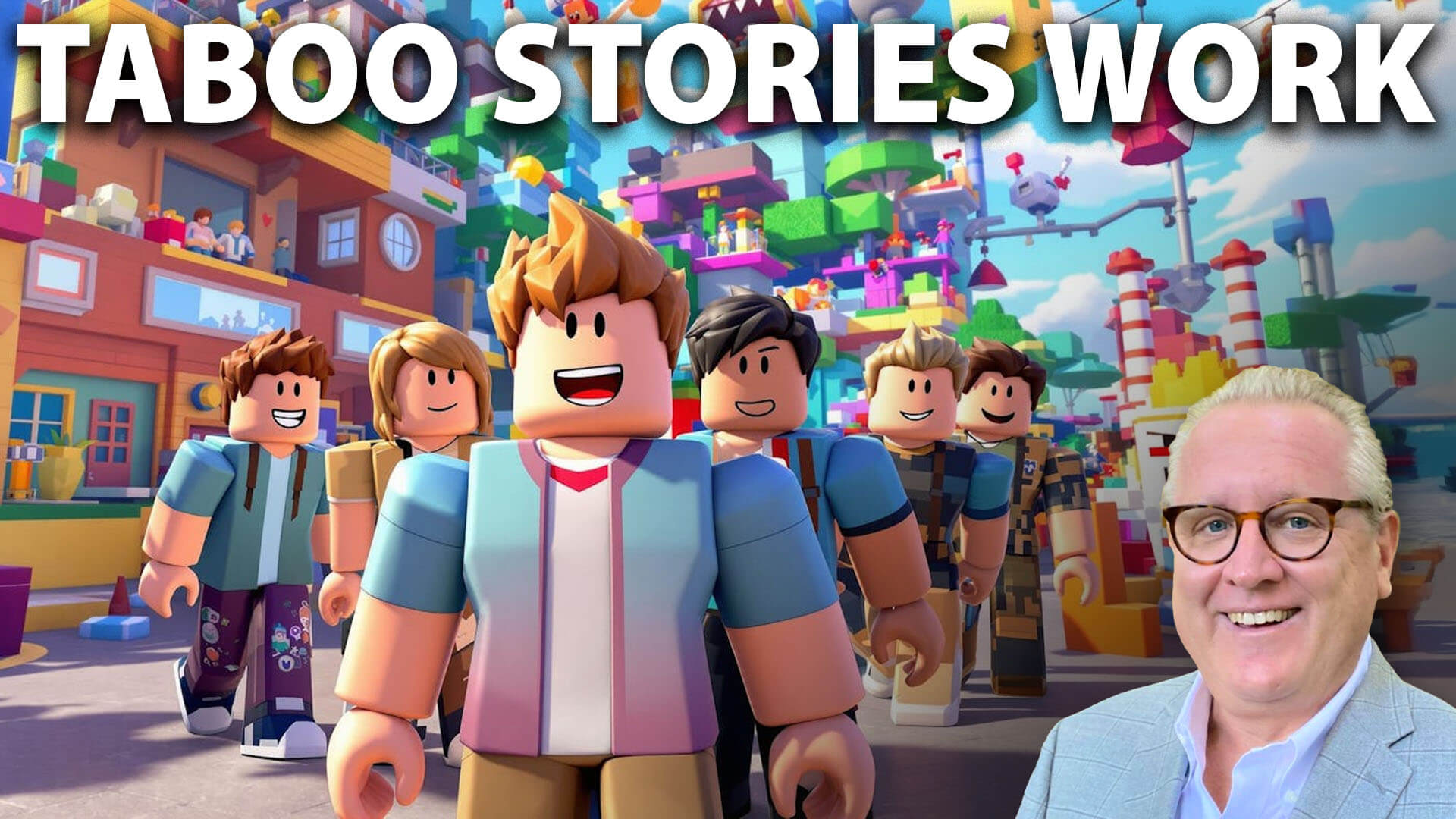

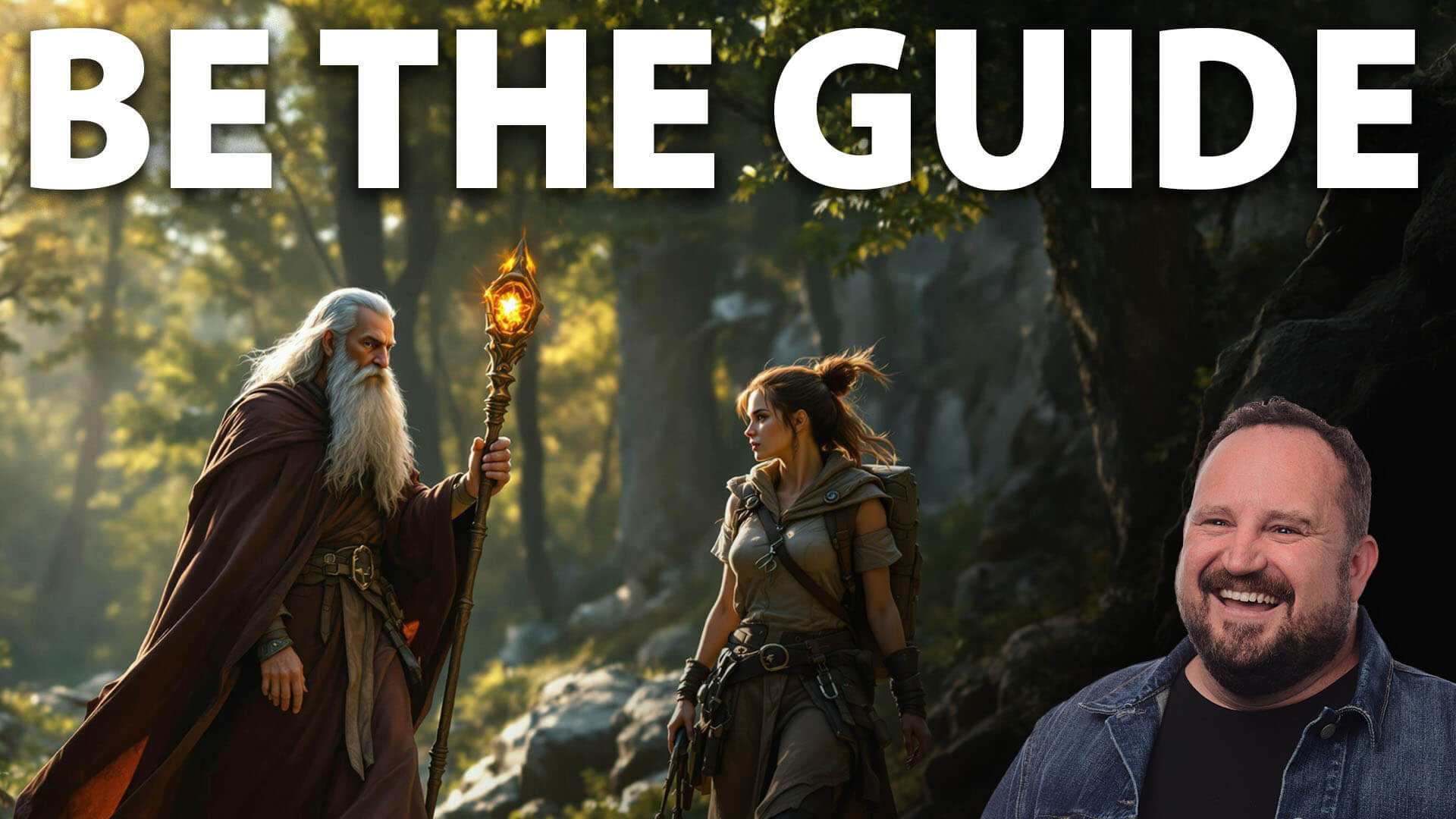





![Best times to post on Facebook in 2025 [Updated March 2025]](https://media.sproutsocial.com/uploads/2024/04/Best-times-to-post_2024_feat-img_fb.jpg)






